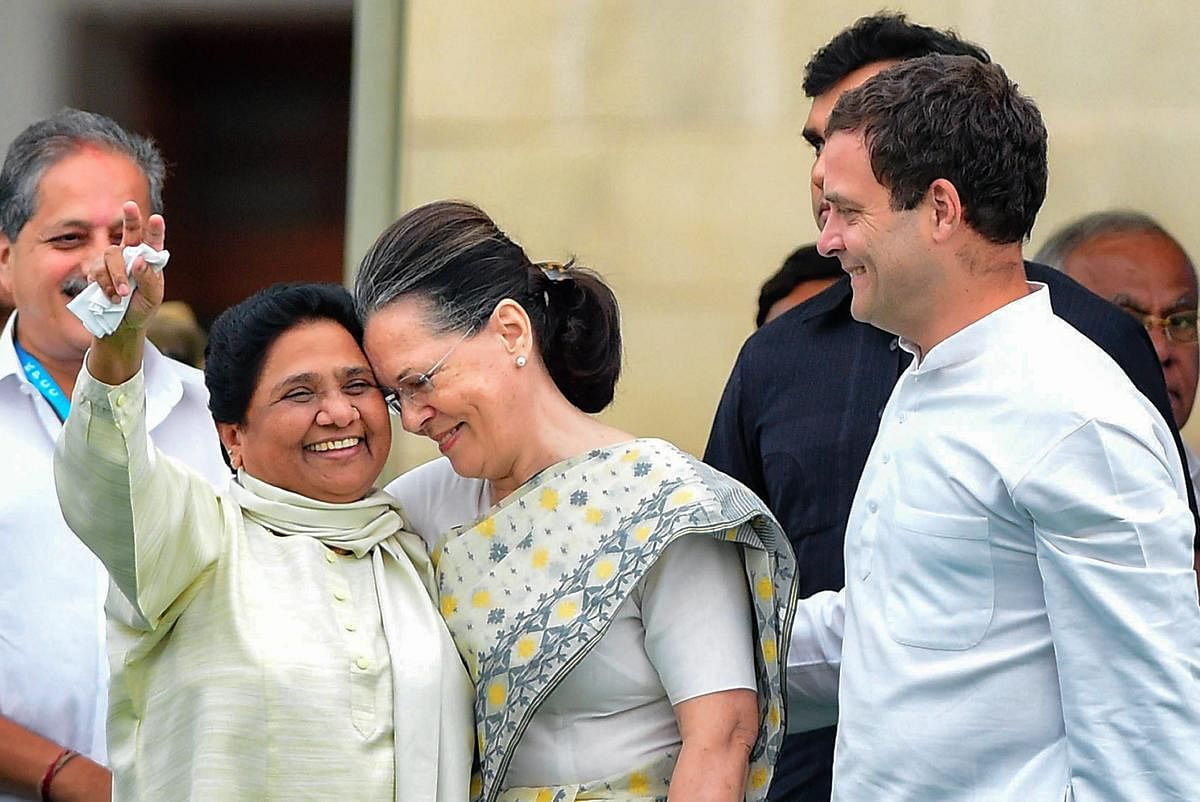
BSP chief Mayawati's decision to rule out any alliance with the Congress in the upcoming Rajasthan Assembly polls will not make any major impact on either the Congress or the BJP.
However, the withdrawal of support will influence pockets where the BSP is active — the districts bordering Uttar Pradesh.
In the 2008 Assembly elections, the BSP got 7.6% votes in 2008, winning six out of 200 seats, while in the 2013 elections, the party's vote share dropped to 3.37%, winning only three seats.
The Shekhawati region, comprising six districts and 39 Assembly constituencies, is known to be a vote bed for the BSP.
In 2008, the party polled 11% votes in the region, while there was a dip in enthusiasm in 2013, as it scored only 5% in this belt.
According to experts, while not forming alliances with the BSP will hardly affect the big wigs, the parties stand the risk of losing Scheduled Caste votes. The state has approximately 18% Scheduled Caste votes with dominance in 60 Assembly seats.
"Districts bordering Uttar Pradesh, such as Dausa, Bharatpur, Karauli and Sikar, will see an impact. Here, the Scheduled Caste community is in the majority, especially the Jatav community, to which Mayawati belongs. However, this may not have impact on Scheduled Caste votes. In the previous election, Raj Kumar Sharma, a Brahman, won an Assembly seat on BSP's ticket," political analyst and senior journalist Om Saini told DH.
In the districts of Ganganagar, Bikaner, Dholpur, Karauli and Bharatpur, the SC population is more than 21%.
Reacting to the development, Congress spokesperson Archana Sharma told DH, "Whatever decision has been taken by the high command, we have to follow that".
A few days ago, Rajasthan Congress chief Sachin Pilot had said, "the Congress is open to alliances in Rajasthan and but it should be practical. And the decision will be taken by the party president".
However, BJP state president Madan Lal Saini said an attempt at such an alliance would have been unnatural. "It is not a shock for us. We knew both parties (Congress and BSP) have different ideologies, hence they couldn't come together," he said.